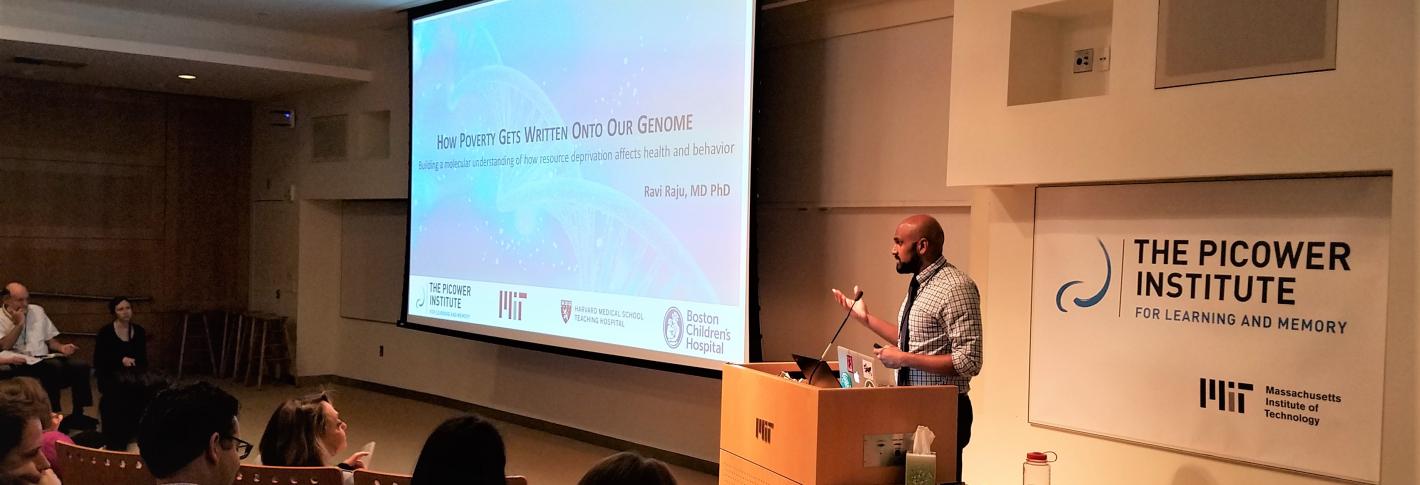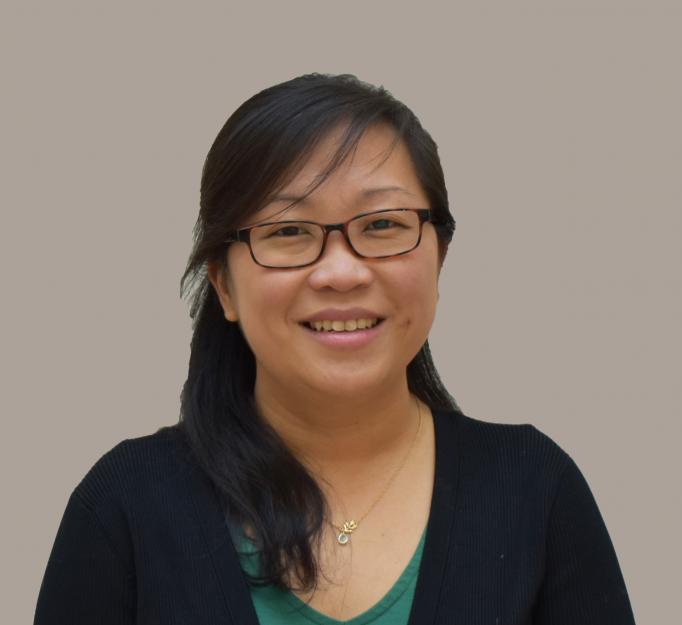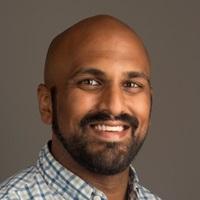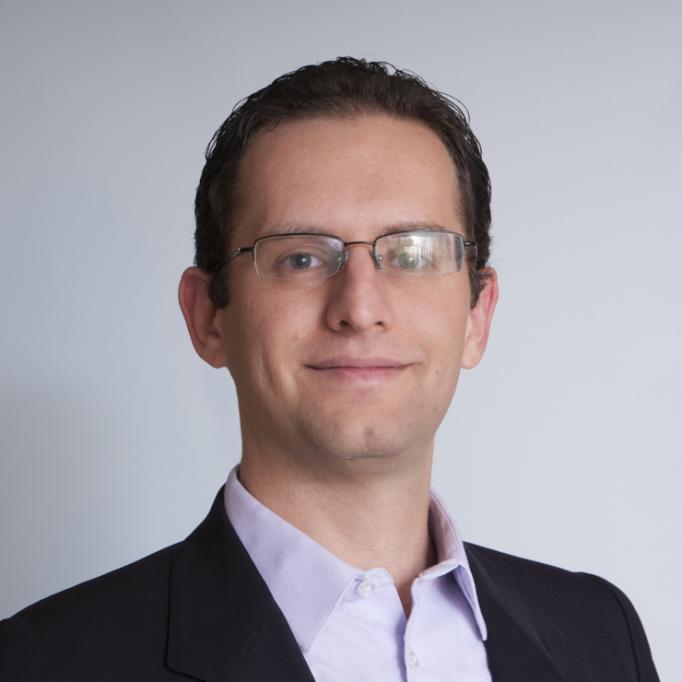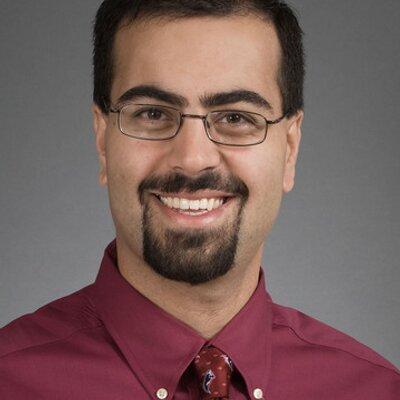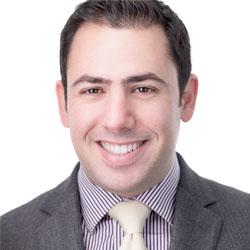Developing 'physician-scientists'
Since 2011 the Institute has offered the Picower Clinical Fellowship Program, in which early career physicians with strong potential to develop a career as a physician-scientist join Institute labs. Successful candidates earn full-time support for 1 to 3 years to pursue advanced study and research in neuroscience with the mentorship of an Institute faculty member.
The program is open to candidates from Harvard University, Tufts University, or Boston University (BU) or a Harvard-, Tufts-, or BU-affiliated hospital who are engaged in collaboration with a Picower Institute faculty member and are looking to move forward with a research plan at a minimum of 80 percent effort. The award includes a full-time stipend, and additional allowances for health benefits and supply costs. For full award and application information, please contact Program Administrator Abby Reynolds.
| Current fellow | ||||
| Name | Year | Research | ||
| Past fellows | ||||
| Name | Year | Research | Current Position | |
| Diane Chan | 2019-2020 | Dr. Chan is a neurologist at Brigham and Women's Hospital in Boston. She is leading the team in the lab of Picower Professor Li-Huei Tsai that is testing whether sensory stimulation of gamma rhythms can help humans with Alzheimer's disease. | Research Scientist, The Picower Institute for Learning and Memory | |
| Ravikiran (Ravi) Raju | 2017-2018 | Dr. Raju studies how exposure to poverty in early life may affect a child’s neurodevelopment. In the lab of Professor Li-Huei Tsai he is working with mouse models of resource deprivation to investigate changes at the cellular and molecular as well as behavioral levels. | Postdoctoral Fellow, The Picower Institute for Learning and Memory | |
| Eyal Kimchi | 2015-2016 | Dr. Kimchi studied abnormal motivation, with an interest in developing obseity interventions. In the lab of Kay Tye he worked on deciphering the neural networks underlying abnormal motivation by developing new approaches, algorithms, and technologies to detect neural signals of craving and avert maladaptive behaviors with unprecedented precision. | Principal Investigator, Department of Neurology, Massachusetts General Hospital. | |
| Alik Widge | 2013-2014 | Dr. Widge's interest was in developing treatments for psychiatric disorders. In the lab of Earl Miller, he studied effects of multiple brain stimulation techniques on learning and cognition in animal models and humans. |
Assistant Professor, Department of Psychiatry, University of Minnesota. |
|
| Michael Halassa | 2011-2012 | Dr. Halassa's focus during his fellowship was on understanding thalamic function and gating in health and disease, for instance in schizophrenia. Combining multi-site, multi-electrode recordings with cutting edge optogenetic and chemical genetic technologies in the lab of Matthew Wilson, he functionally dissected the role of thalamus in the regulation of cortical state, and hippococampal-to-neocortical transmission of information. | Assistant Professor, Department of Brain and Cognitive Sciences, MIT. | |


